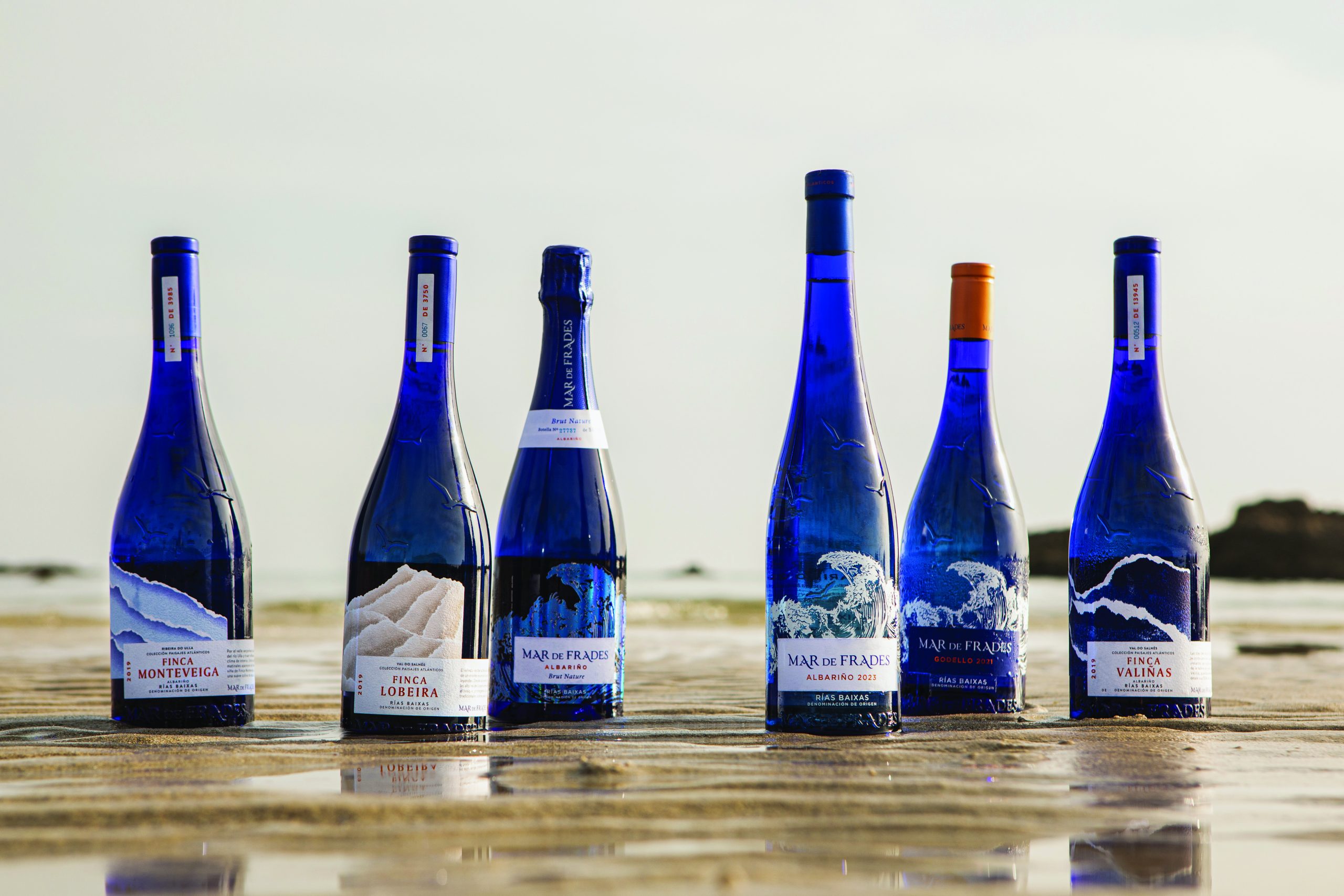Scottish retailers threaten to end online sales in face of ‘unworkable’ DRS
Scotland’s Retail Consortium has warned that proposed “unworkable, unsustainable, and undeliverable” amendments to the country’s Deposit Return Scheme (DRS) could lead to supermarkets withdrawing from the Scottish market.

The delay was celebrated by trade members, with Mark Kent, chief executive of the Scotch Whisky Association, calling it a “welcome announcement”.
However, amendments to the scheme detailed this week have caused a stir among supermarkets who trade online, as these new regulations put a specific obligation on the largest retailers to collect all empty cans and bottles from customers’ homes.
Ewan MacDonald-Russell, deputy head of the Scottish Retail Consortium, gave a preliminary response to the proposed amendments, warning that “Scottish Ministers seem prepared to risk ending online drink sales in Scotland with their unworkable, unsustainable, and undeliverable ultimatum in the amended deposit return scheme regulations”.
Partner Content
Grocery retailers have warned that the only workable way to roll out the scheme would involve a “centralised model” — a “valid” concern which MacDonald-Russell claims to have been “ignored” in place of asking members of the retail sector to “deliver the impossible”.
He stated: “It is not economically, environmentally, or legally sustainable for retailers to collect empty drinks containers from customer’s homes using their own vehicles. In the absence of a centralised solution, larger retailers will now need to take very serious decisions about whether it’s possible to continue selling drinks online in Scotland, as they currently do, after March next year.”
Proposed changes to the scheme would make life harder for vulnerable consumers who could lose out on having drinks delivered to their doors, MacDonald-Russell claimed, and would lead to higher carbon emissions through new journeys, higher costs and significant time to deliver, making it more cost-effective to cease some or all online sales in Scotland for larger retailers.
Instead, he urged ministers to prioritise “resolving the litany of unanswered issues, questions, and concerns which are the reason the scheme is in such distress”.
Related news
Strong peak trading to boost Naked Wines' year profitability




